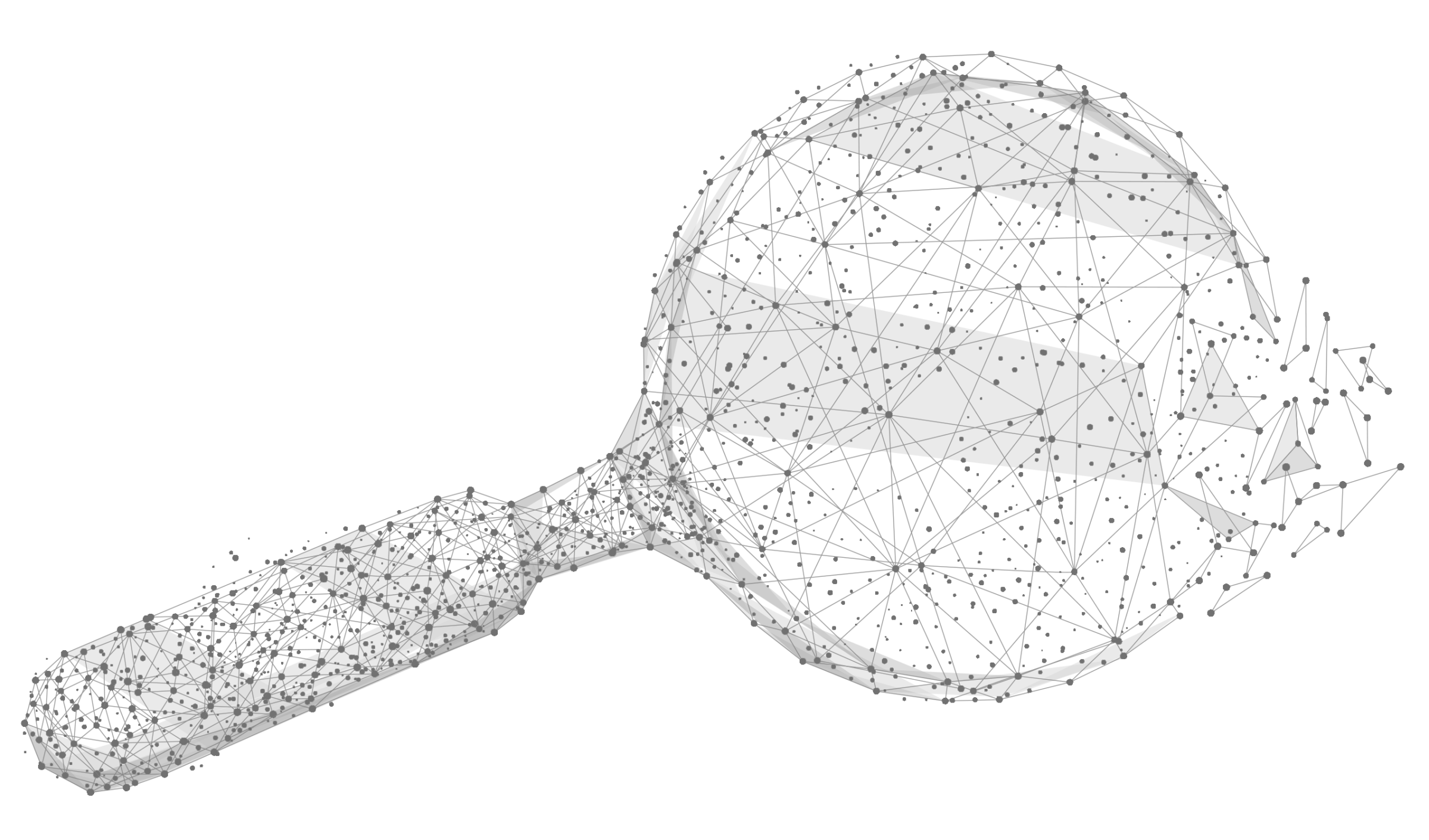Abstract: Conservation of information theorems indicate that any search algorithm performs, on average, as well as random search without replacement unless it takes advantage of problem-specific information about the search target or the search-space structure. Combinatorics shows that even a moderately sized search requires problem-specific information to be successful. Computers, despite their speed in performing queries, are completely inadequate for resolving even moderately sized search problems without accurate information to guide them. We propose three measures to characterize the information required for successful search: 1) endogenous information, which measures the difficulty of finding a target using random search; 2) exogenous information, which measures the difficulty that remains in finding a target once a search takes advantage of problem-specific information; and 3) active information, which, as the difference between endogenous and exogenous information, measures the contribution of problem-specific information for successfully finding a target. This paper develops a methodology based on these information measures to gauge the effectiveness with which problem-specific information facilitates successful search. It then applies this methodology to various search tools widely used in evolutionary search.
IEEE Transactions on Systems, Man, and Cybernetics – Part A: Systems and Humans ( Volume: 39, Issue: 5, Sept. 2009 )
